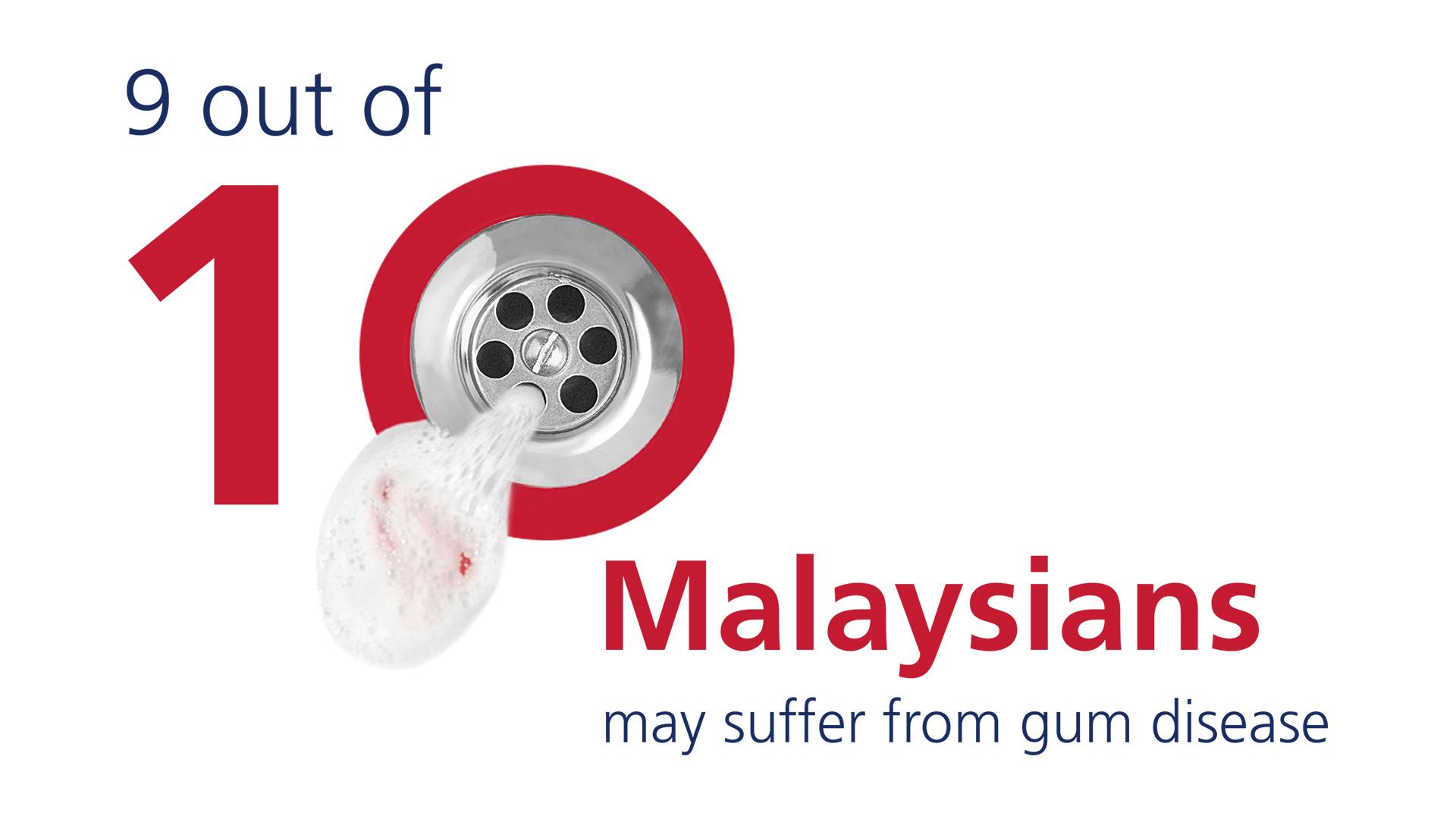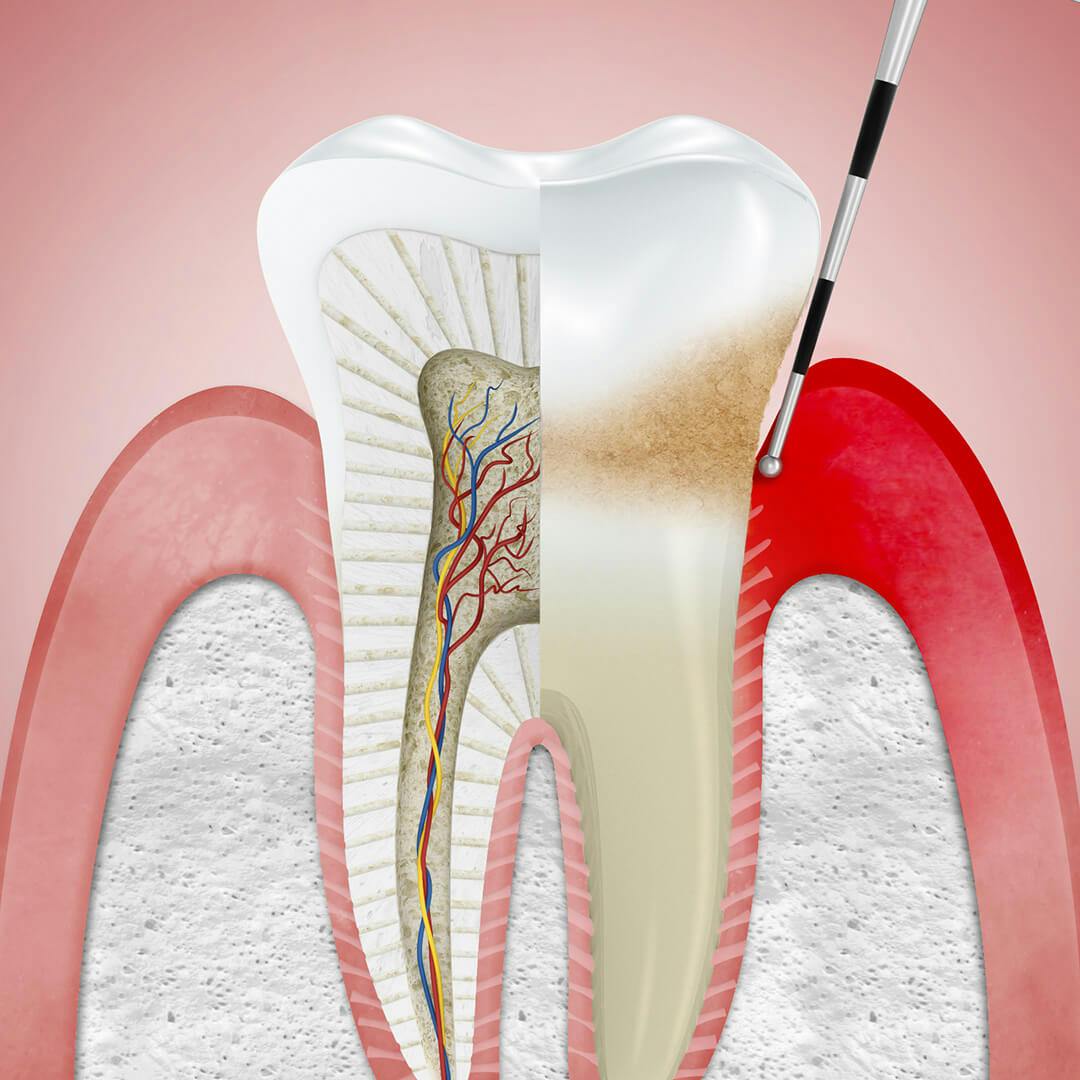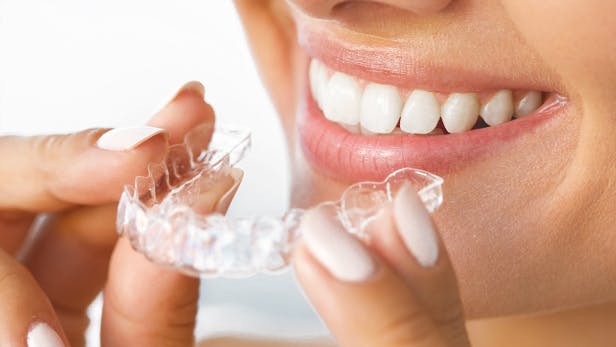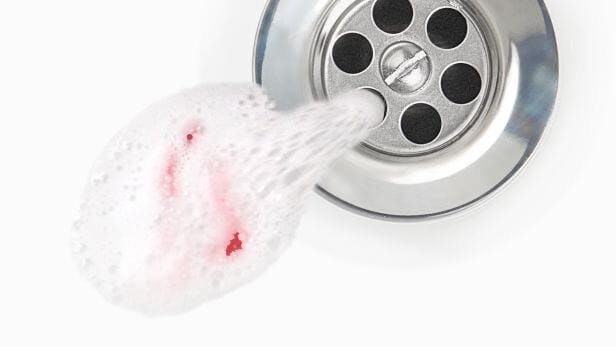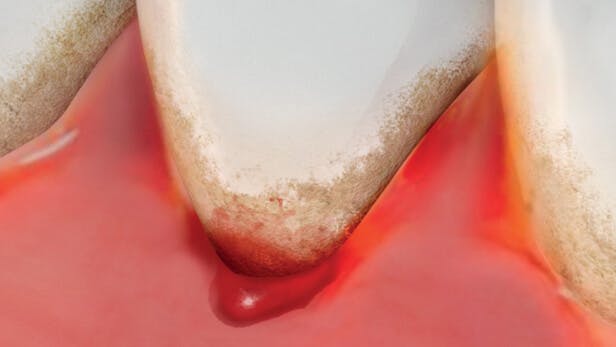Gum disease: Fact or Fiction?
Gum disease affects 9/10 people in Malaysia.1 There are also a number of gum disease myths that have developed over time.
Here are some common gum disease myths you may encounter - along with a few key facts to be aware of when it comes to the causes and treatment of gum disease...2
1. BLEEDING GUMS ONLY AFFECT OLD PEOPLE - MYTH
Bleeding gums are a common symptom of gum disease, often caused by the build-up of plaque around, on and in between your teeth. It can affect people of all ages, although the problem is less common in children.3
2. RECEDING GUMS CAN'T GROW BACK - FACT
Can receding gums grow back? No, receding gums cannot grow back by themselves. Flossing regularly and using a fluoride toothpaste such as parodontax can help to prevent plaque build-up, a cause of gum recession.
3. BRUSHING TOO HARD CAN CAUSE BLEEDING GUMS - FACT
Brushing too hard can cause bleeding gums, but this could also be a sign of gum disease (gingivitis), so always talk to your dentist if you see blood when you spit4 after brushing your teeth. When brushing, it's important not to apply too much pressure. 4,5 Use a manual or electric toothbrush with a small head and soft round bristles, moving in a careful circular or elliptical motion and paying particular attention to the gum line (the area where the gum meets the tooth). It is also recommended to change your toothbrush every three months.
4. GUM DISEASE IS NOT ALWAYS SERIOUS - MYTH
Gingivitis is the first stage of gum disease and can be fixed with the right treatment and a good daily oral care routine. But, if left untreated, it can lead to more serious gum disease, called periodontitis, which is irreversible, can't be fixed and may, eventually, result in tooth loss.
5. I ONLY NEED TO SEE MY DENTIST WHEN THERE'S A PROBLEM - MYTH
If you suspect you are experiencing any of the signs of gum disease, including seeing blood in your spit when brushing or flossing, talk to your dentist as soon as possible. However, you should also attend regular check-ups as advised by your dentist - even if you think all is well. Your dentist may spot signs of gum problems before you develop any symptoms, helping you stop gum disease before things get worse.
1 National Oral Health Survey of Adults (NOHSA), Oral Health Division, Ministry of Health Malaysia (2010), 2 American Dental Association (2016). Gum Disease. [online] Available at: http://www.mouthhealthy.org/en/az-topics/g/gum-disease, 3 NHS Choices (2016). Gum Disease. [online] Available at: http://www.nhs.uk/conditions/Gum-disease/Pages/Introduction.aspx, 4 Rosema N, Adam R, Grender J (2014). Gingival abrasion and recession in manual and oscillating-rotating power brush users. Int J Dent Hyg. 12: 257-66., 5 American Dental Association (2013). For the Dental Patient: Preventing and treating tooth sensitivity [online]. Available at: http://www.ada.org/~/media/ADA/Publications/Files/FTDP_September_2013.ashx


